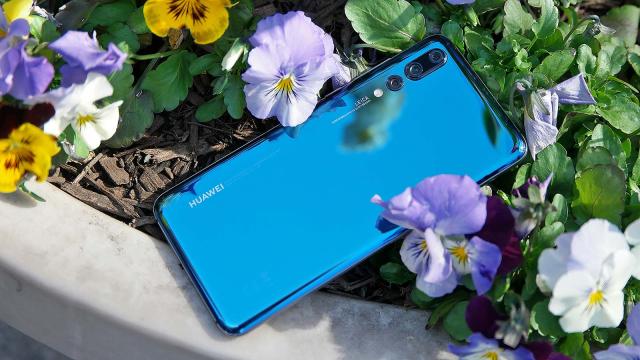Earlier this year, fuelled in part by the US government’s concerns over security and potential espionage, AT&T, Verizon and Best Buy all backed out of deals to carry Huawei phones in their retail stores. This forced Huawei to shift its attention away from the US and focus more on other markets such as Europe and Asia. Despite this situation in the US, Huawei sold more than 54 million devices last quarter.
According to multiple analytics firms, those numbers were more than enough to propel Huawei past Apple and into the number two spot as the second-largest smartphone brand in the world by devices sold.
Previously, it would have been unthinkable for a company to achieve this sort of dominance by ignoring the US. But with India passing the US in late 2017 to become the second-largest smartphone market, Huawei’s success shows that courting American buyers isn’t really a necessity any more.
Huawei’s impressive sales come at a time when a lot of premium phone makers are struggling, including Samsung, which reported a 22 per cent drop in sales for its mobile division in its most recent earnings report, revealing lacklustre interest in the Galaxy S9.
Even Apple, which is usually immune to downward sales trends, saw shipments remain relatively flat in Q2 (its fiscal Q3), with iPhone sales increasing by just one per cent year-over-year. Apple’s main increase in smartphone revenue came from a bump in the iPhone’s average selling price, not an increase in sales, and in raw numbers, the 41.3 million iPhones sold by Apple was still more than 10 million short of Huawei’s 54.2 million total.
As for concerns over the security of Huawei devices, with the US government never having actually shown proof of Huawei phones being used to spy on its owners, you have to ask what could the NSA, CIA, FBI or any other three-letter intelligence groups possibly know that their counterparts in France, Germany and the UK don’t — all places where Huawei’s business has thrived while being essentially shut out from the US.
Like the US, Australia’s intelligence agencies have also expressed caution concerning Huawei devices. John Suffolk, a Senior Vice President and the Global Cyber Security & Privacy Officer at Huawei, recently said that they “don’t see similar [security] concerns in other countries other than Australia and America”.
If things continue down this path, Huawei may continue to skip over the US when it comes to releasing its latest high-end handsets. In a time when Samsung and Apple dominate the premium smartphone market and as handset prices continue to rise, what we need is more competition, not less.
And that’s all before you even talk about the devices themselves. With phones such as the P20 Pro and its triple rear-camera setup, Huawei is pushing the limits of smartphone tech in ways that have forced both Samsung and Apple into the awkward position of having to play catch up.
At this point, Huawei isn’t only “too cool for America” — it doesn’t really need the US at all. Instead, it seems as though it’s the consumers in the States who are going to suffer.
